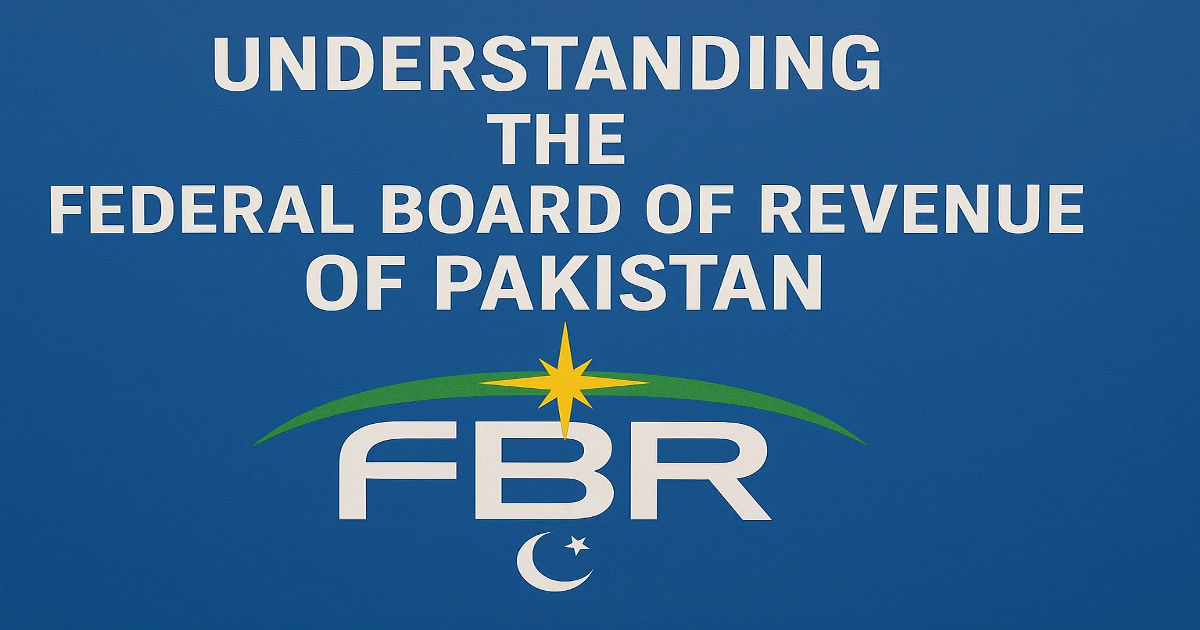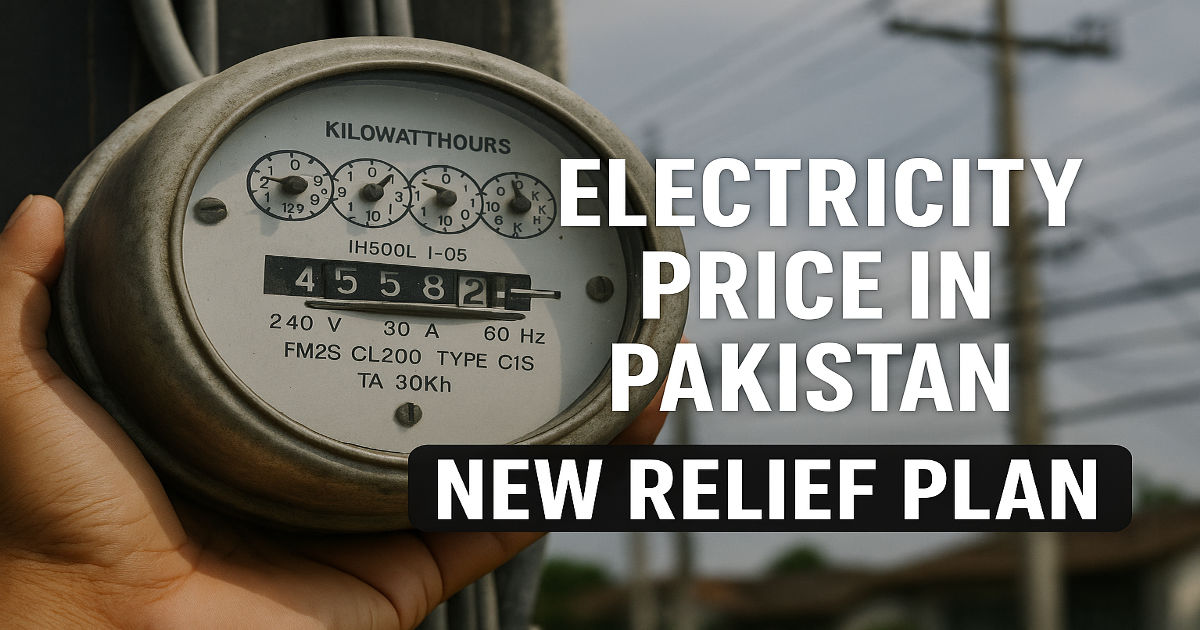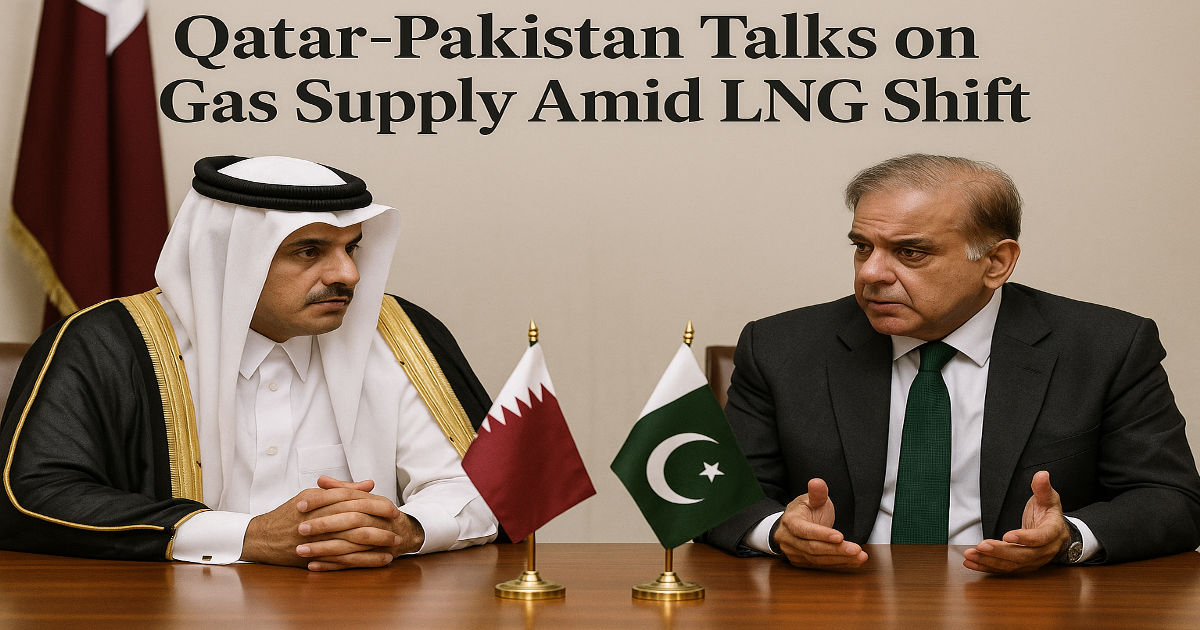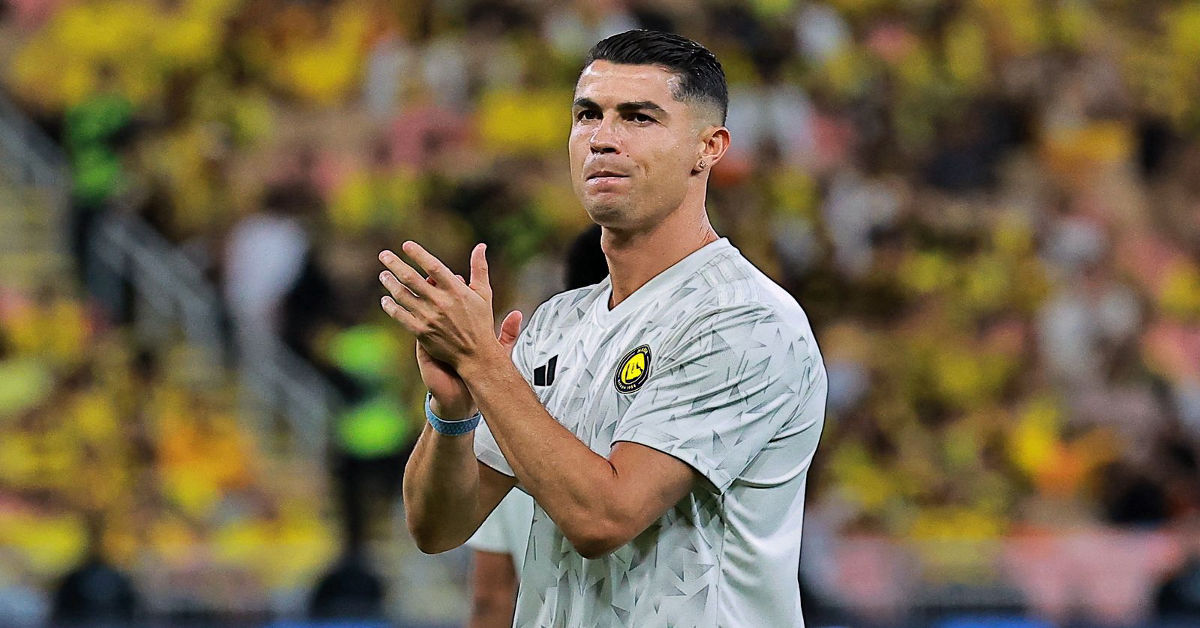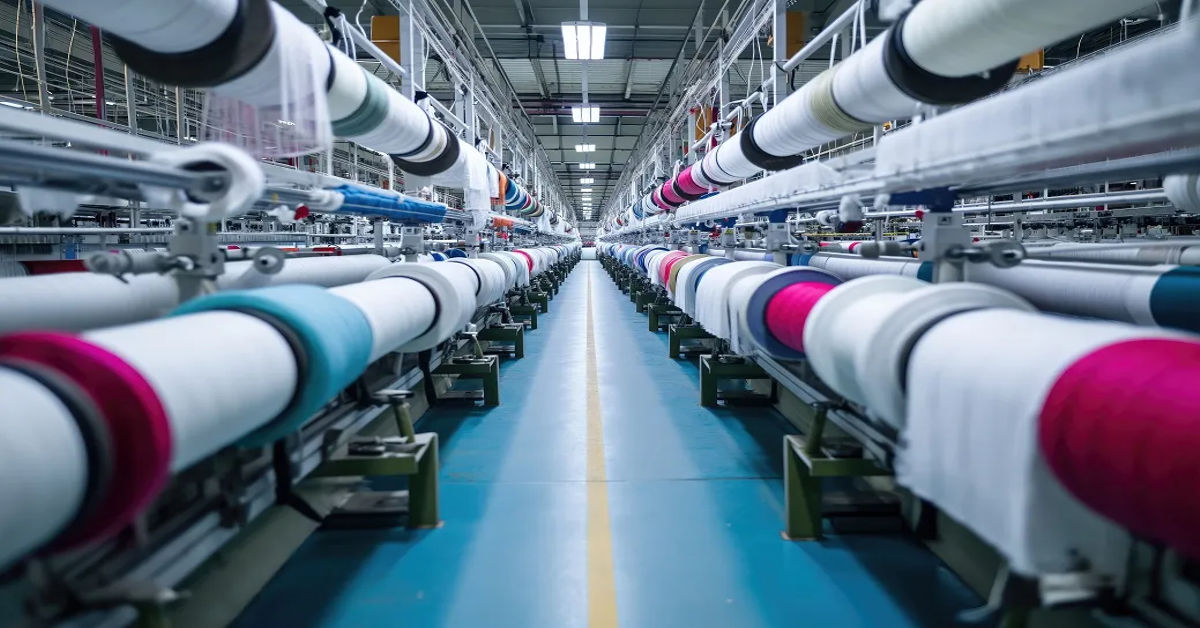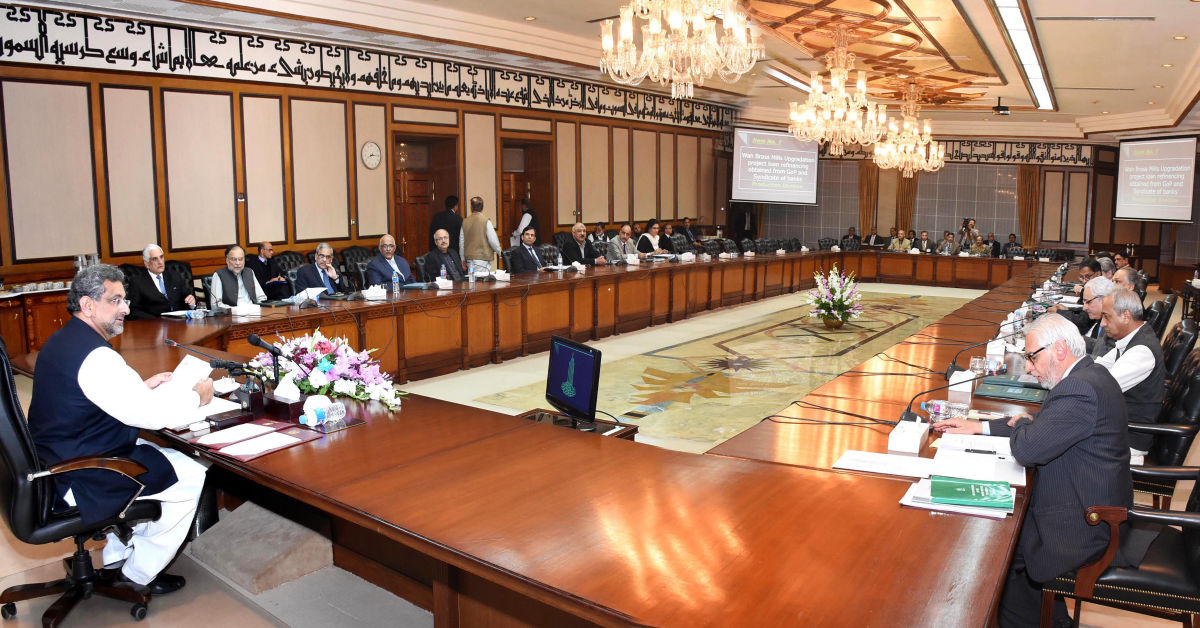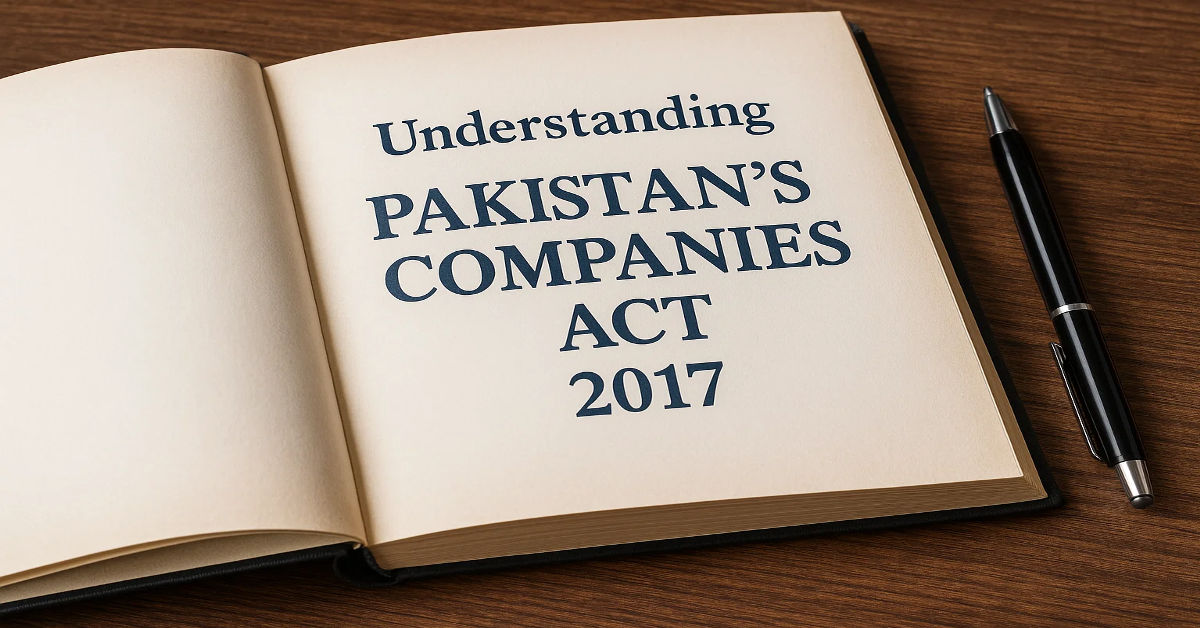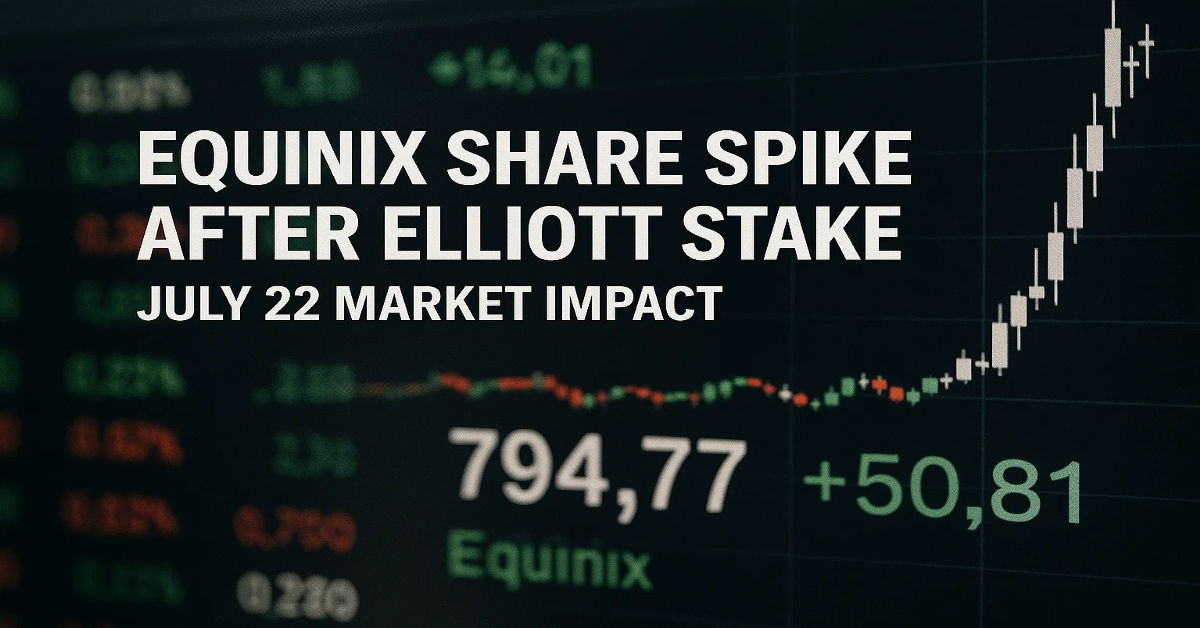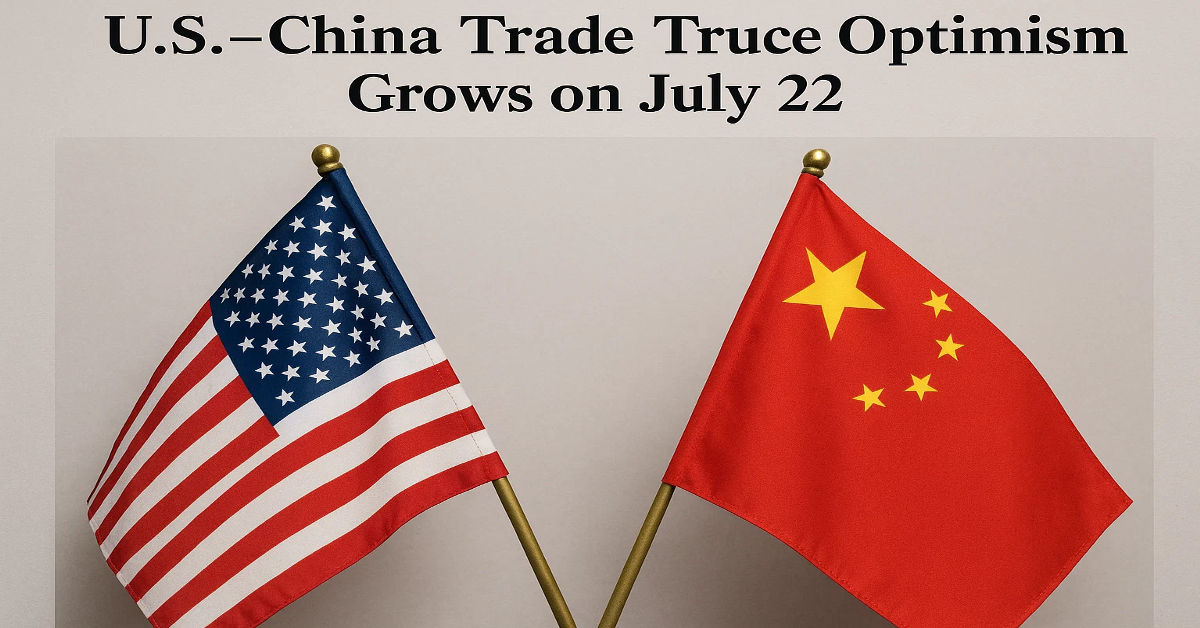
Rich religious and cultural links and reciprocated collaboration are the hallmark of relationship between Saudi Arabia and Pakistan over the years. In recent years this link has been fortified by increasingly close relations and economic co-operation. Saudi investment in Pakistan has emerged as the main force behind this partnership which has the potential to bring about a major economic miracle. Cooperation extends to energy, mining, agriculture and technology. At a time when regional alliances are turning increasingly strategic, this financial commitment by Saudi Arabia is likely to strengthen the economy of Pakistan. Both sides are striving for a win-win, so the prospects are bright in our cooperative future.
Historical Background
Pakistan and Saudi Arabia has a long-standing relation of financial aid and bilateral help. The Kingdom has historically assisted Pakistan’s economy in times of need by gifting oil, aid packages and development assistance while in the 1970s. Pakistan has reciprocated with manpower, defense cooperation and political support. This reciprocal warmth opened the gate to deeper investment links. The relationship has transformed from one of aid to investment cooperation over time, leading to sustainable development and economic growth. This change represents a movement toward establishing self-sustaining financial partnerships that serve mutual interests.
Key Projects And Funding Dealings
Among the most prominent initiatives involving Saudis is the multibillion-dollar oil refinery project in Gwadar. It’s anticipated that the plant will revolutionize Pakistan’s energy sector by reducing reliance on imported refined products. Further, Saudi Arabia has also agreed in investments in the mining sector of which they are interested in the enormous copper and silver deposits in Pakistan’s Balochistan province. Saudi Investment in Pakistan is part of this broader understanding, and again we have seen investment pledges in renewable energy like solar and wind energy projects. These investments are consistent with Vision 2030, a key diversification driver for the Saudi Arabia economy and support the Kingdom’s regional partners. The financial transfusion has already begun generating new employment, and improving infrastructure.
Special Investment Facilitation Council (SIFC)
To facilitate the foreign investments, the Pakistani government established the Special Investment Facilitation Council (SIFC). This physique is essential to the fast-track of ventures with strategic partners like Saudi Arabia. The SIFC aims to overcome administrative obstacles so that approvals and policy backing of high-impact investment can be provided in a timely manner. Now, Saudi businesses have an open line to sort out the red tape and get local help. This structure has given confidence to investors and not just to Saudi companies but also to other gulf companies. Under the SIFC, Pakistan is aiming to become an attractive place for investors to establish sustainable growth.
Collaboration and Energy Sector Opportunities
Pakistan has long faced energy deficits that have led to widespread power and industrial outages. The Saudi investment in energy sector is a welcome relief. In addition to the Gwadar refinery, Saudi energy companies are looking into power plants and LNG infrastructure. This is all targeted at improving energy security and stabilizing the national grid. In addition, cooperation around renewable energy helps Pakistan to achieve its climate objectives and to reduce increasingly costly fossil fuel imports. Eventually, the energy partnership could lower power prices and spur industrial growth nationwide.
Diversification to Non-Energy Sectors
Because in addition to energy, Saudi engagement is beginning to spread to sectors such as agriculture, tourism and IT. Saudi businessmen are discussing new initiatives in the field of agribusiness, through joint ventures to help modernize agriculture in Pakistan, as well as to improve food security and expand exports. Saudi investment in Pakistan is a driving force behind this diversification, with increased attention being paid to the tourism sector, particularly religious tourism associated with cultural heritage. In tech, Saudi investors are interesting in Pakistani startups and digital platforms, especially the fintech and e-commerce businesses. It is an expansion of the investment and it is definitely useful for long-term stability and avoiding complete reliance on the traditional sectors.
Creation of Employment and Skill Development
As the biggest Saudi projects are starting in Pakistan, thousands of jobs are opening for local workers. Construction, engineering and IT sectors are all seeing demand grow for skilled and semi-skilled workers. Moreover, vocational training programs should be integrated into many programs to develop the local skills according to the international requirements. The skill development is likely to enhance Pakistan’s human capital and productivity. The partnership could also create opportunities for Pakistanis to work in Saudi Arabia, particularly in high-tech and construction fields. So, investment was not infrastructure; investment is people.
Challenges and Strategies to Address Them
Although encouraging, there are challenges in the realization of the full potential of Saudi-Pakistani investment relations. Political instability, currency variations, security issues, among others, might discourage long term commitments. Policy continuity, security for investors and transparency in implementation of the projects are key. On both sides, the governments must ensure that channels are kept open and project progress is communicated on a periodic basis. Strategic communication, trust and policy consistency will be crucial to guarantee the intended outcomes of investments. Proactively addressing them can enhance investor confidence and speed up the formation of future partners.
Economic Relations
Geopolitical implications of expanding economic partnership between Saudi Arabia and Pakistan the strengthening economic partnership between Saudi Arabia and Pakistan has some profound geopolitical implications. Regional coalitions are becoming increasingly important in order to achieve economic self-reliance and to solidify stability. Saudi Arabia gets the strategic toehold in South Asia that it is so desperate to secure, and Pakistan gets Saudi money. It is also a response to regional influence from other rival countries, and places both nations in influential roles in dictating economic narratives. As China is already deeply invested in Pakistan (through the CPEC), the Saudi participation adds to the country’s appeal as an investment hub worldwide. Both these partnerships contribute to regional peace and development.
Conclusion
In short, the increasing cooperation between the two countries is not just a business deal but a representation of centuries-old trust and shared interests. From energy and infrastructure to agriculture and technology, Saudi investment in Pakistan is a key part of Pakistan’s efforts to build a strong and diversified economy. And the rewards go far beyond the economic, transforming lives through jobs, training and regional growth. The relationship is not yet without its challenges, but the commitment is there for this to be a long-term relationship. As the two countries continue on with respect and foresight, monies from Saudi Arabia very likely will form the foundation for the sine qua non of the country’s future development.

